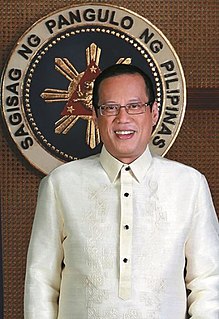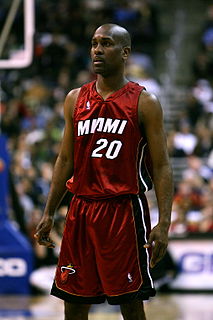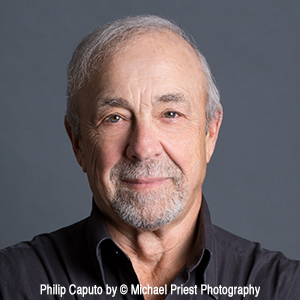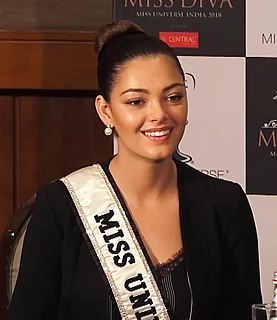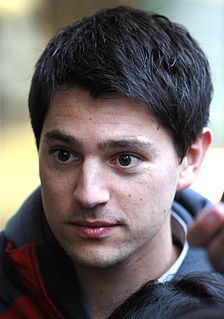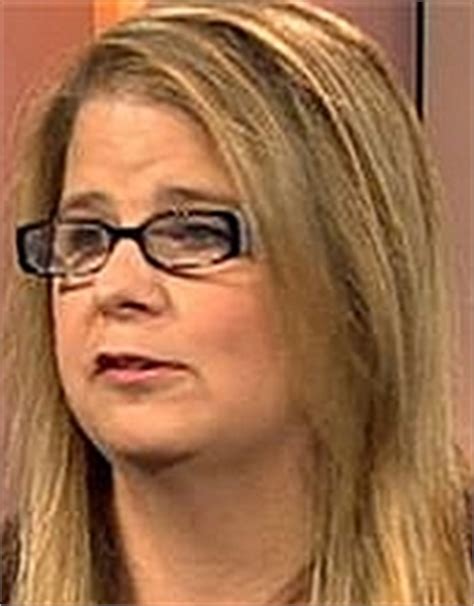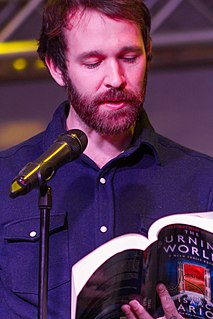A Quote by Benigno Aquino III
When I was a congressman, I had occasion to talk to this group of students who were taking their seat. There were about 80 of them and I asked them, 'How many of you will be serving in the country once you graduate?' And, out of the 80, there were two that raised their hands. The rest were thinking of leaving.
Related Quotes
I sat back in my wooden chair as they signed the paperwork and stared down at the arm rests, studying the various layers of paint, the chips and cracks. How many hands had gripped them? I wondered. What lives were attached to those hands, what dreams were shattered, what sorrows were they trying to squeeze out of their souls?
Toward the end of the campaign, we interviewed some voters in Raleigh, N.C., which is a generally Democratic city, and I'm thinking of a young couple. They had two kids. They described themselves as Christian. They oppose gay marriage. And they were saying that even though they didn't like Donald Trump, they were thinking of voting for him. And one of the reasons was they felt that they were - their very views were making them socially unacceptable. They were feeling a little alienated from the world.
I have a very close friend who is a brilliant clown, and I always wanted to do a show with him. So I did one year at La MaMa Theatre. I had not done stilts before that show, and I had about two weeks to learn how to do that, and they were just made with off-off Broadway money. The ones that I had in Rogue One were made by [Industrial Light & Magic]. So they were really easy. They were made with actual prosthetic feet on the bottom. They were athletic, in a way. I could run in them. There was a bounce to them that I could use.
Being a correspondent at the Vietnam war for me was about exposing myself to danger but it wasn't completely self-serving. I felt that there were these dark places of the earth, were dark things were happening and people should know about them. Call it my moral obligation to go and see them and report them.
Communism wasn't a word that I thought of when I went to Cuba. The original Fidelistas were not Communists. They were graduate students at the university and law students. After the Fidelistas took over, they went to Washington and tried to get support from the U.S. government, which turned them down. They were in a desperate political and economic situation, so they took the offer from the Soviet Union. Communism was a matter of necessity.
Researchers studied 34 students at the University of Virginia, taking them to the base of a steep hill and fitting them with a weighted backpack. They were then asked to estimate the steepness of the hill. Some participants stood next to friends during the exercise, while others were alone. The students who stood with friends gave lower estimates of the steepness of the hill. And the longer the friends had known each other, the less steep the hill appeared.
I was a young feminist in the '70s. Feminism saved my life. It gave me a life. But I saw how so much of what people were saying was not matching up with what they were doing. For example, we were talking about sister solidarity, and women were putting each other down. We were talking about standing up for our rights, and women weren't leaving abusive relationships with men. There were just so many disconnects.
There are so many issues that impact women. When we talk about prison reform, for example, women were [once] sterilized in women's prisons. When they were giving birth, they were asked to sign paperwork but they weren't even completely conscious of what they were signing. That sounds like something that would never happen in America, but it was happening, not just in America, but in [California], one of the most progressive states in the United States.
Teaching I realized took up a lot of my time. I was a kind of a teacher that spent time with students, spoke to them after class, tried to help them out. I'd talk with them personally about their work and try to get out of them what they were thinking about, forcing them to thinking seriously and not just falling back on all the ideas that they had picked up someplace. And so I took my job teaching very seriously and that - as a result, it took up a lot of time.
